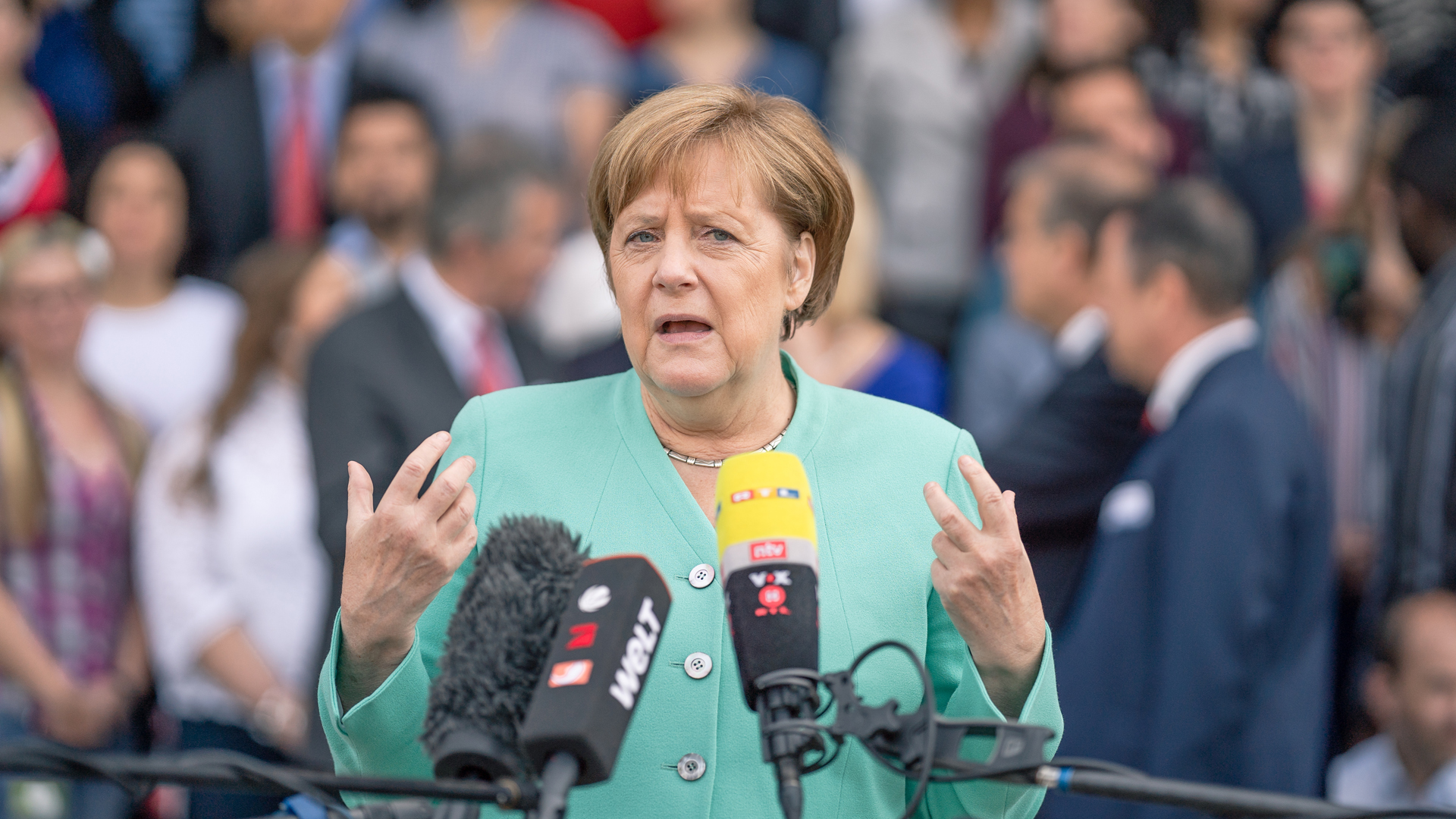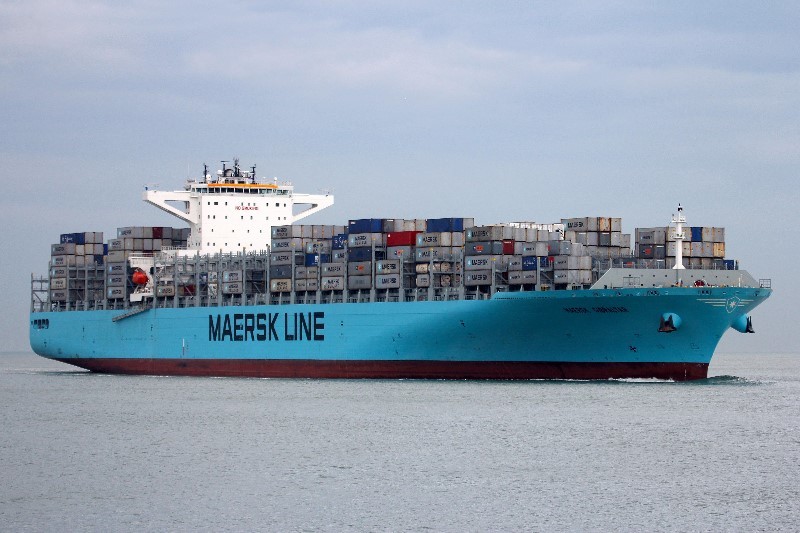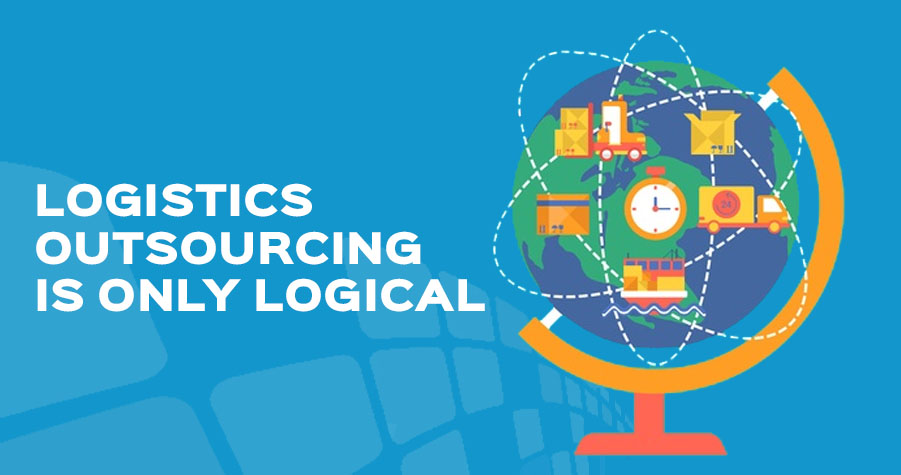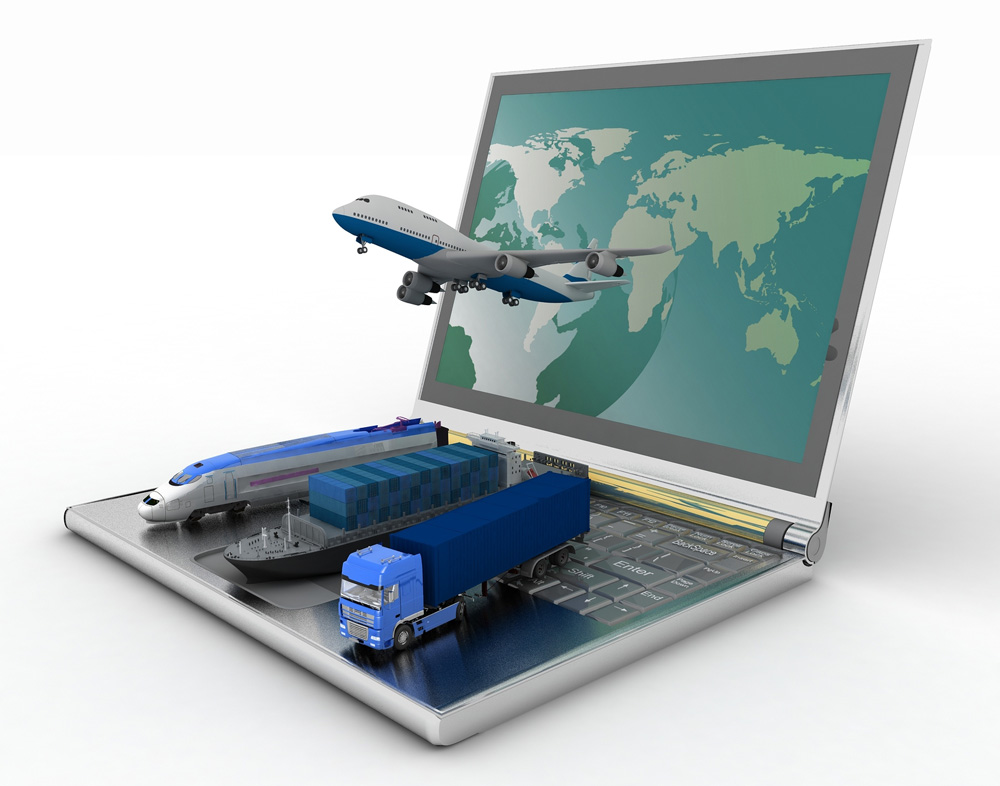
Angela Merkel, the Chancellor of Germany, unveiled an ambitious climate package to the tune of €54 billion, buoyed by public protests on Germany’s inability to hit its upcoming emissions target of 2020. The frustration of not reaching its climate targets is of great annoyance to Germany, as the country is considered a flag bearer in the fight towards reducing global carbon footprint.
In 2002, Germany promised that by 2020, it would reduce its carbon emissions by 40% from 1990 levels. However, even after the country’s sweeping climate-related reforms – including phasing out coal, providing tax-cuts for low and zero-emission vehicles, increasing fuel surcharge, and regulatory requirements for driving diesel vehicles within city vicinities, Germany has only managed a 32% reduction in emissions from 1990 levels.
The new €54 billion package has been unveiled at a juncture where the voice of climate activists are at a historic high, with over a million people taking to the German streets in September during protests organized by the “Fridays for Future” – a movement popularized by Swedish teen-activist Greta Thunberg.
Though the new climate package does come with elaborate tax subsidies, incentives for buying electric vehicles, the introduction of carbon prices on transport, and added tariffs on domestic flights, climate experts believe the package is not ambitious enough as it is too little to douse the demand for fossil fuel.
The pledged €54 billion will be allocated between 2020 and 2023, increasing from €9 billion in yearly funding for 2020 to €16.5 billion in 2023. Then again, the German government is clear that it will not be accruing debt to enforce the package. This is in line with the German policy of delivering a balanced yearly budget that looks to tip towards less spending and higher revenue, rather than taking up debt to revitalize the economy.
However, there is a definitive economic downturn in the picture. The German purchasing managers’ index (PMI) registered a reading of 47.0 this September, down from 54.6 in the same month in 2018. The consistent PMI reduction is a concern as the index measures the activity level of purchasing managers in the manufacturing sector. Anything below 50 on the index signifies a downturn in the manufacturing economy.
Germany has a lot to ponder about in the context of providing a fiscal stimulus to the market if it continues to slide. The German government might have to consider letting go of its traditional balanced yearly budget and look to take up some debt to revitalize the economy.
But if Germany remains adamant in not considering the option of a deficit budget, and if push comes to shove, the German government will, in all likelihood, look to prop up its automotive sector rather than focus on climate goals.
Diving into the intricacies of the climate package, it talks of a “CO2 price.” The specific details on the price are still hazy, with the Federal Ministry for the Environment commissioning a study to determine the level of CO2 pricing. Germany will have to be careful with added carbon taxes, as it was the same tax that fueled the yellow jacket protests that raged in France for several weeks.
Then again, gasoline and diesel will be getting more expensive in Germany from 2021, when three cents will be added to every litre, with an increase of 15 cents expected in the years that follow. Meanwhile, the commuter allowance will be increased for people who transit longer distances for work every day. The implementation of this needs to be scrutinized, as the allowance applies to everyone irrespective of the means of transport they use – thus providing impetus to even the people who use private cars as transit.
The package pointed out that vehicle taxes will be revamped, with new registrations paying vehicle taxes based only on CO2 emissions per km and not based on volume displacement – a parameter which was used as a category before. This is advantageous to electric cars, as they would pay zero vehicle taxes due to zero emissions.





